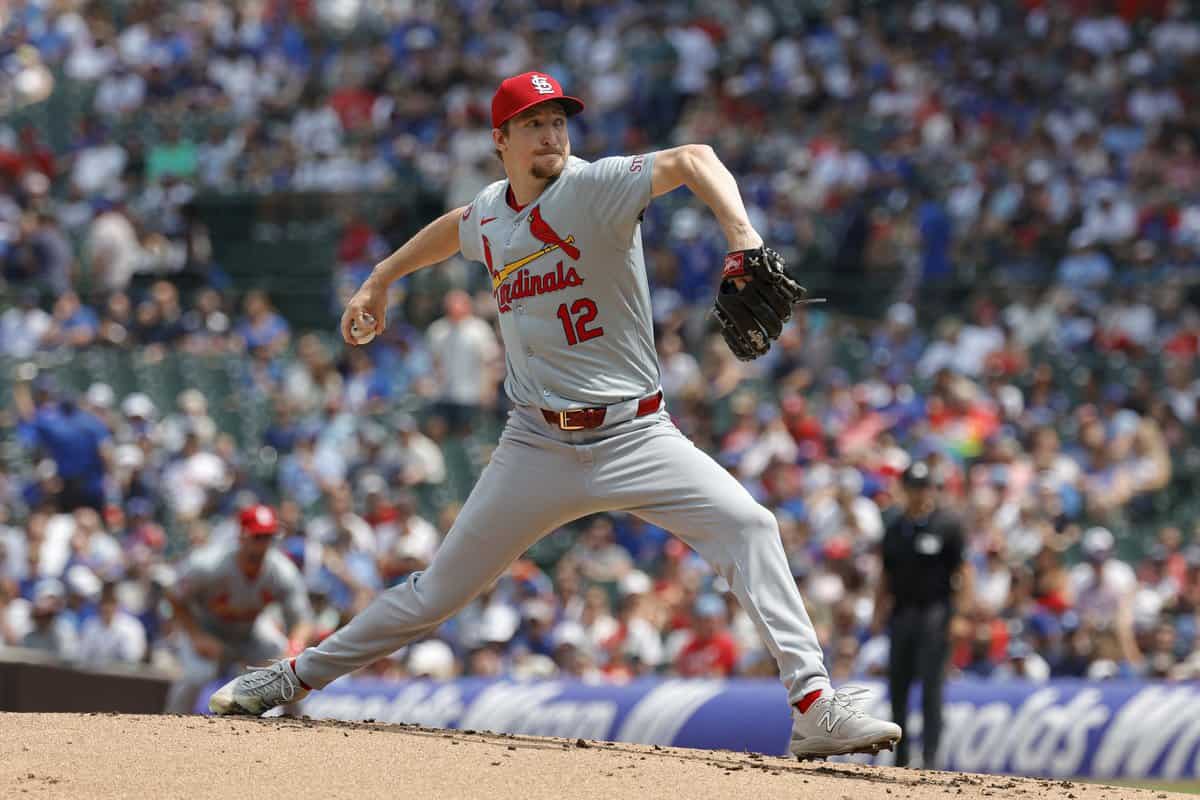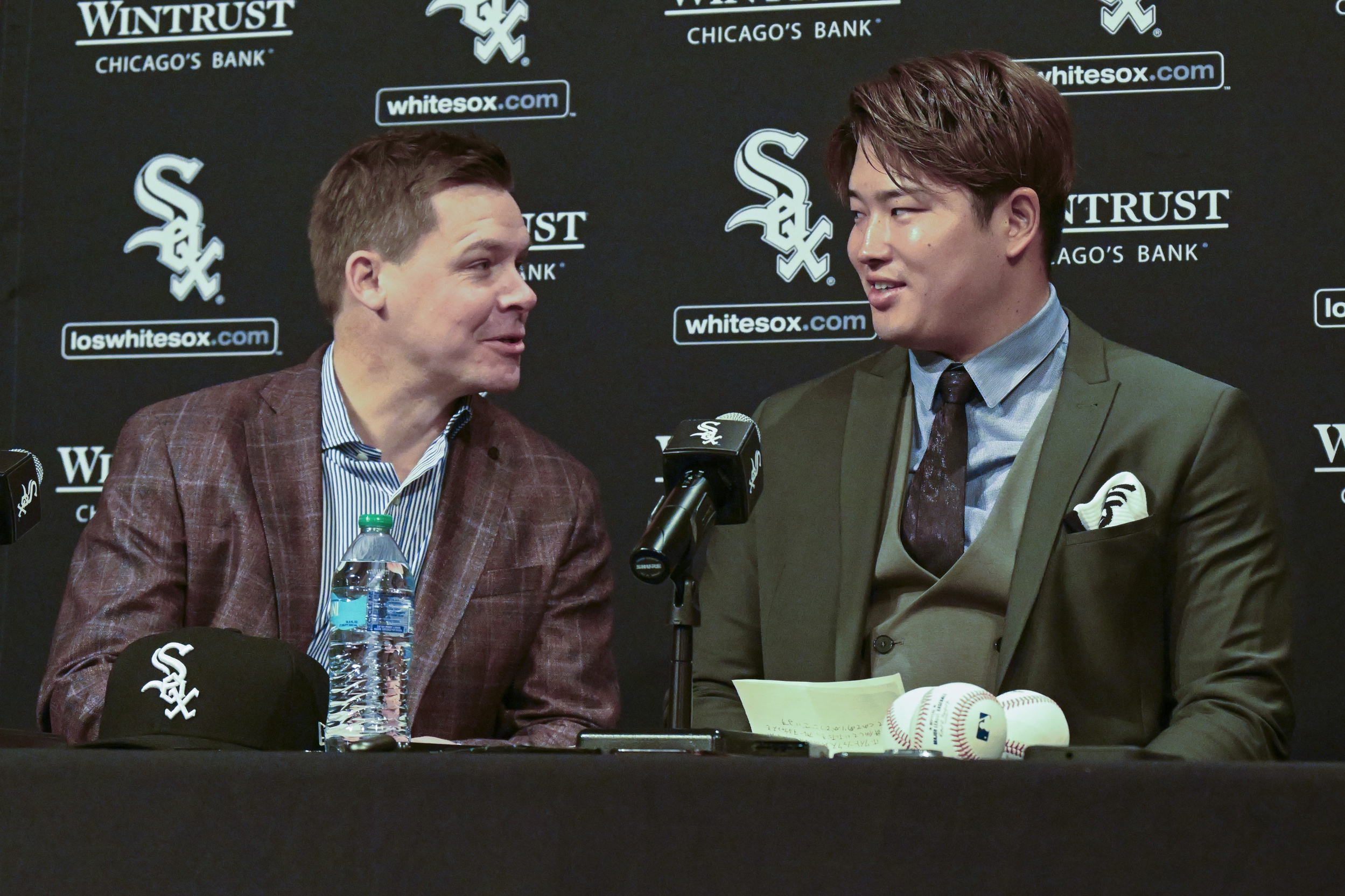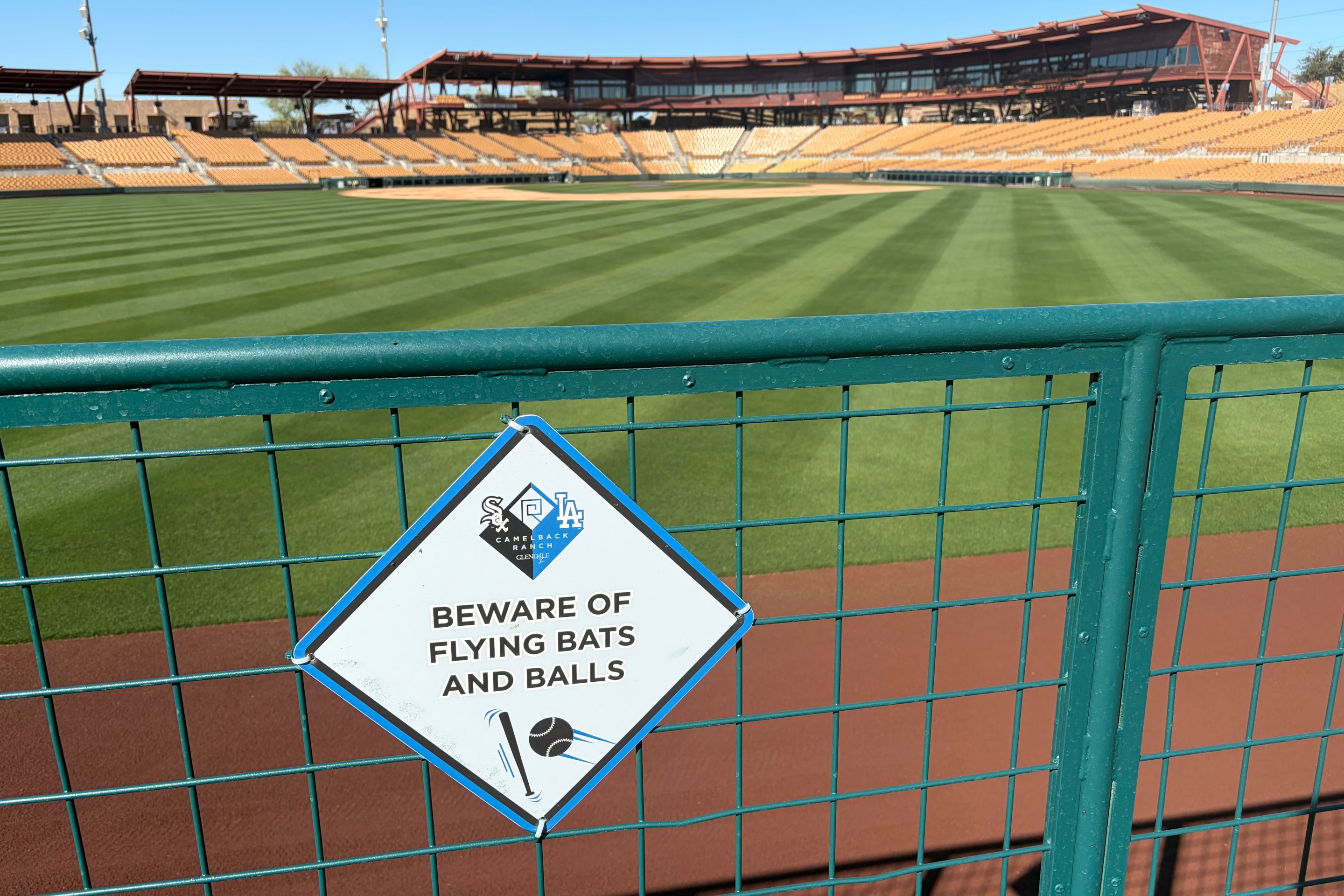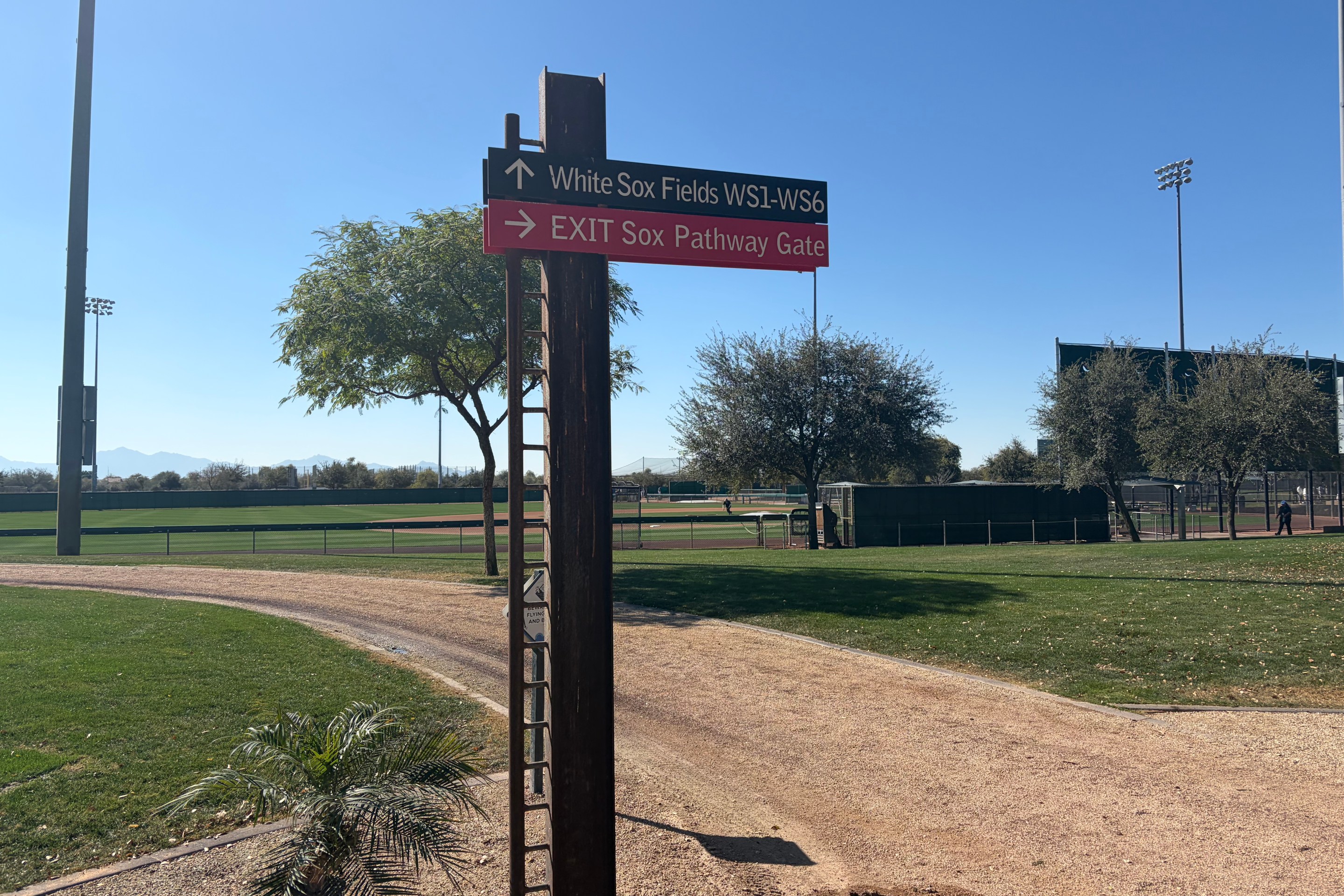As the trade deadline approached last week, Ben Lindbergh wrote about how the White Sox could dominate the dealings despite being the worst team in baseball (and I provided some input at the end). He ended up correctly identifying the market as favoring sellers, because the Marlins and Rays each added a lot of bulk to their system with their everything-must-go approach
It just wasn't a sellers' market the way the White Sox did it. They traded away six players (Erick Fedde, Tommy Pham, Michael Kopech, Paul DeJong, Tanner Banks, Eloy Jiménez), and they received only six players in return (Miguel Vargas, Jeral Perez, Alexander Albertus, William Bergolla, Jarold Rosado, Trey McGough). It's unusual to give up MLB quality players -- of varying degrees, granted -- without receiving the kind of quantity that helps attempt to hedge individual bets.
The way Jayson Stark tells it, Chris Getz might've gotten worked over by more experienced GMs by lumping his three most straightforward trade assets into one deal.
Just Fedde alone — pitching great and with another year of control — seemed to have more value in this market than Yusei Kikuchi. But Kikuchi, a rental with nearly an 8.00 ERA over his last eight starts, netted the Blue Jays three young big-league-ready players from Houston. And I couldn’t find anyone who didn’t think the White Sox got less impact back for their big three-player combo in this deal. So was packaging them really the right play here?
“In general, I feel this way,” said one rival exec. “As a buyer, I’m always trying to get people to package things together. But as a seller, you almost never want to do that.”
So how’d that happen? The White Sox had to agree to it. And John Mozeliak and the Cardinals front office did an excellent job of driving it in their own direction. But Friedman, the Dodgers’ president of baseball operations, just has this way of spinning that sort of three-team magic. And his fellow execs can’t help but applaud it.
In the Southeast, there are megastores called McKay's that buy and sell used books, video games, music, movies, children's toys, collectibles, electronics, musical equipment and more. If you bring in a bulk cart to trade in your stuff for cash, you'll get a fraction of what it'd be worth listing everything individually on eBay or Facebook Marketplace. You pay for the convenience, because you might value the expedience of reduced clutter enough to offset the cost.
That's what it feels like Getz did by trading Fedde, Pham and Kopech in one deal, except the White Sox don't have clutter when it comes to credible MLB players. They live a minimalist, Marie Kondo lifestyle in that regard.
Tyler Kepner wrote about the Marlins' approach to the deadline, and it stands in pretty (non-Jayson) stark contrast.
In those deals — Arraez included — they collected 19 new players (plus a player to be named or cash), buying in bulk by dealing years of control. Of the players Miami traded, only Bell and Scott were facing free agency after the season. In a seller’s market, it made sense to go big.
“In most of these cases, it came down to the idea that we were getting one, if not multiple players that we think are impact players for the next five, six years, if not longer,” Bendix said. “And that’s what we’re trying to build here.”
The White Sox were also identified as trade deadline losers in roundups by The Ringer, FanGraphs, Bob Nightengale, among others. A lot of the consternation stems from Getz's inability to trade Garrett Crochet, because teams like the Dodgers were reportedly not frightened by the demands, but if the three-team deal showed how green Getz is as a negotiator, and if CAA's extension demands caught him that off-guard, perhaps it's best that he takes a few months to regroup.
The White Sox's most successful deal might've been finding a taker for Eloy Jiménez, and saving any measure of his financial obligations. They sent $4 million to the Orioles, which saves them nearly $1.8 million of remaining salary and the subsequent buyout.
Jiménez made his Orioles debut as a pinch hitter in Baltimore's 10-3 loss to Cleveland on Thursday, striking out on a foul tip. Before the game, Brandon Hyde explained to the Baltimore media something could always be assumed in Chicago.
As for Fedde, he made his debut for the Cardinals against the Cubs at Wrigley Field this afternoon. he gave up a three-run homer to ninth-hitting Christian Bethancourt in his second inning with the Cardinals, and a solo shot before the inning came to a close. That said, the White Sox just placed Drew Thorpe on the IL with a flexor strain, calling up Prelander Berroa to take his place. For the White Sox in 2024, there's never a time to feel heartened.






